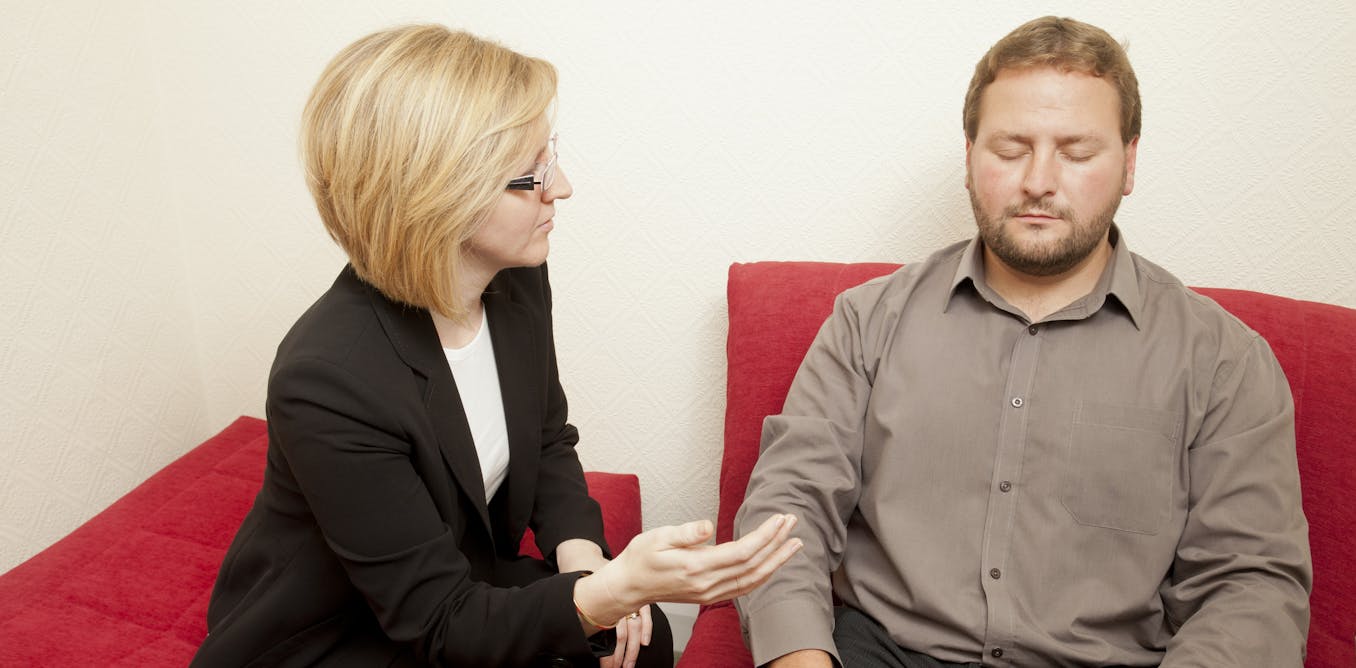
Getting enough high-quality sleep on a consistent basis is vital for human health and well-being, particularly for children.
That can be a tall order as summer temperatures climb, with nights providing little relief from the heat.
“Summer heat can make consistent sleep more difficult, which may lead to a loss in energy, more negative emotions and behavior and can impact learning and development,” says Brock University Professor of Kinesiology Toby Mündel. “It can even stifle children’s immune systems.”
Body temperatures need to lower during the night to get good sleep, says Mündel, a Canada Research Chair in Extreme Human Environments.
“An ideal temperature for your child’s room ranges from 16 to 20 C to be comfortable and safe,” he says. “Of course, this is easier if you can let in cooler nighttime air or have working air-conditioning.”
Mündel says that regardless of whether a household has air conditioning, there are a number of ways that parents can help keep their kids cool at night:
- Close blinds and curtains and use fans to circulate air in a room.
- Consider sleeping downstairs or in the basement, if applicable, since lower floors tend to be cooler.
- Ensure the child is well-hydrated before bed.
- Lower the child’s body temperature just before bedtime by having a cool bath or shower and dressing lightly.
- Apply a cool, wet cloth on the child’s forehead as they’re trying to fall asleep.
- Where age appropriate, fill a hot water bottle with crushed ice and cold water and put it in bed with them.
- Place a bottle of frozen water in front of a fan, making sure it’s not blowing directly onto the child.
Citation:
Keeping kids cool key to a good night’s sleep in summer heat, says expert (2024, August 15)
retrieved 5 September 2024
from https://medicalxpress.com/news/2024-08-kids-cool-key-good-night.html
This document is subject to copyright. Apart from any fair dealing for the purpose of private study or research, no
part may be reproduced without the written permission. The content is provided for information purposes only.


